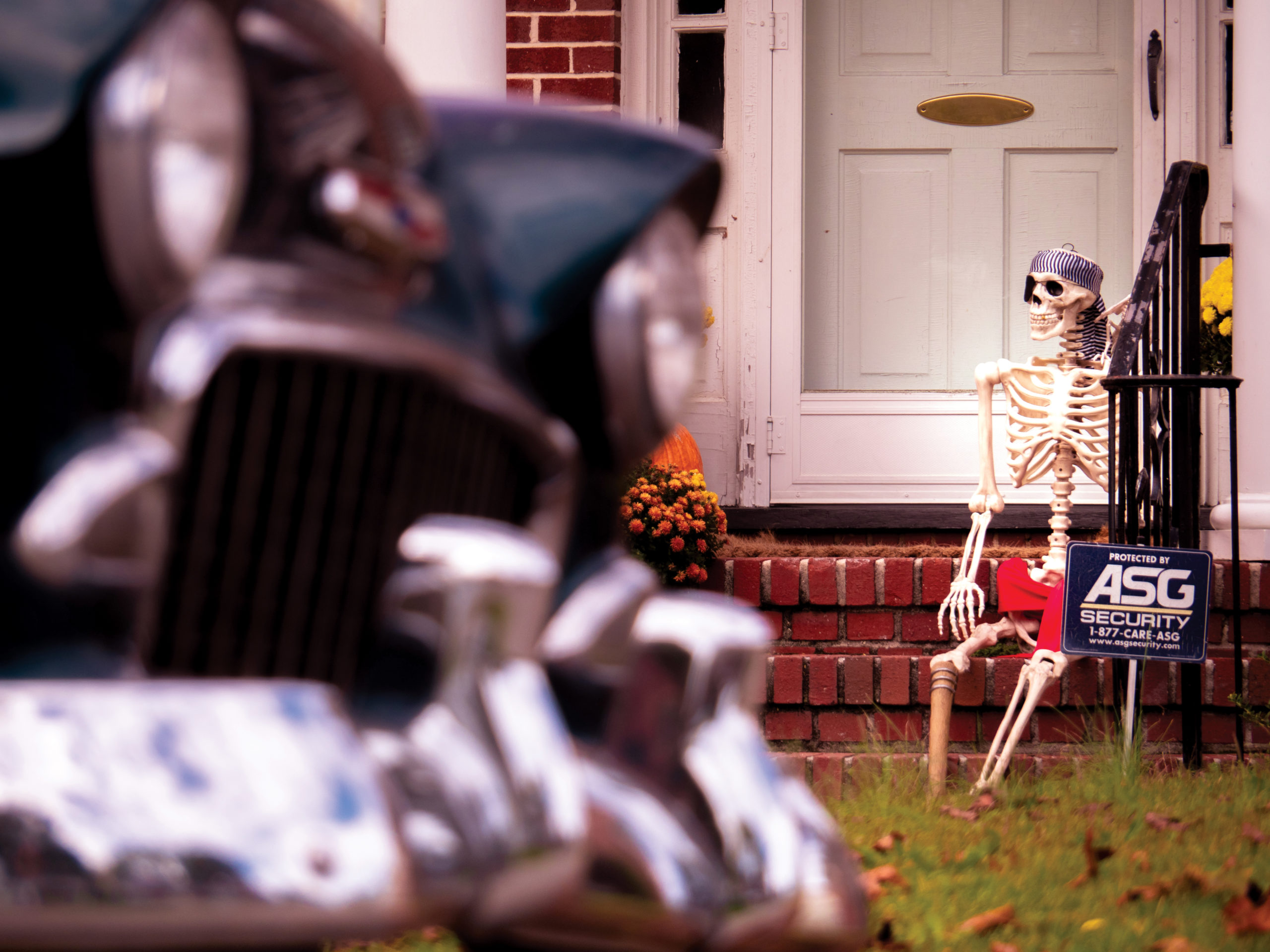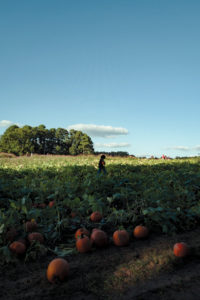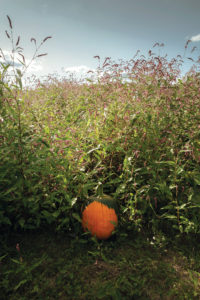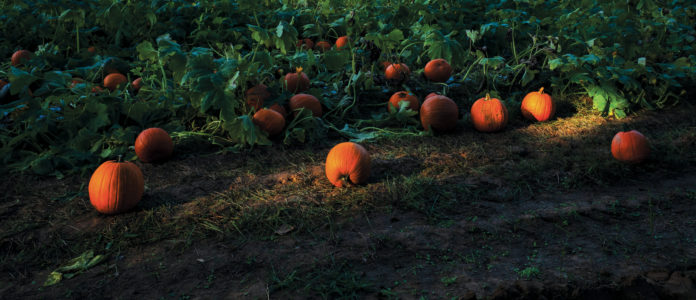Halloween is a big deal to communities across North Carolina. How to proceed in 2020 offered no easy solutions.
Sure, local government and Halloween have crossed paths before: extra oversight from police, facilitating community events like trunk-or-treat, or even setting policy on the hours of trick-or-treating. Sometimes town councils even pass ordinances to move it to a night other than Halloween proper (like the nearest Saturday), which never fails to get a reaction. Fiddling with tradition can be scary.
But 2020 gave us an entirely different beast—one that speaks to the desire for community gathering and the fine line municipalities walk towards that end during a pandemic. In towns across the state, Halloween was not a passing discussion, but rather a high-priority item without a simple solution.
On October 29, the state recorded its then-highest-ever total of new COVID-19 cases. Hospitalization rates remain alarming. How, then, to proceed with an event marked by strangers of unknown health status visiting every residential door?

“It’s important for everyone to know that Halloween will be different in Chapel Hill,” said Mayor Pam Hemminger in a video message to residents of the college town that loves to party in huge numbers on a closed-to-traffic Franklin Street every October 31.
Not this year. The town announced it was canceling the traditional street closure and urged against other large gatherings to prevent the spread of the coronavirus.
“We know how much people love Halloween and believe that by being inventive you can still have a fun evening,” Hemminger said. Ideas included virtual costume gatherings online. Knowing of course that some ghosts, vampires, and Tiger Kings would defy the cautions and set out for public celebration, Hemminger emphasized the importance of washing hands, wearing masks—not the Halloween kind—and maintaining safe distances from one another.

Other municipalities across North Carolina similarly canceled the usual big gatherings. Yadkinville called off its downtown Halloween fun. Davidson pulled the plug on its Halloween March, where costumed kids line up and trick-or-treat with downtown businesses. Maiden canceled its popular street festivities, too.
But generally around the state, basic trick-or-treating was left to residents to decide for themselves. Of course that came with highly suggested guidelines from local governments and health agencies.
In Durham, Mayor Steve Schewel, donning a pointy witch hat, took to the podium at a press conference to set the tone. He said he always loved seeing costumed kids visit his porch for candy on one of his “favorite holidays… I’m excited to do it again in future years. But you all know that this year, because of COVID, Halloween is going to have to be different.”
The City of Durham issued a FAQ document that said trick-or-treating was “strongly discouraged” and cited the N.C. Department of Health and Human Services’ assessment that the door-to-door tradition was a “high risk activity.”
“We are asking residents of these neighborhoods to keep their porch lights off to discourage mass gatherings of visitors,” the city said.

Greensboro said out front that it wasn’t regulating trick-or-treating, but like other communities gave all levels of warning and encouraged alternatives like socially distanced pumpkin carving and Zoom gatherings. It also created a series of city-sponsored Halloween events, calling it the Halloween Remix. The series included Facebook Live specials, a virtual costume contest, and a “reverse parade” where participants would drive through a festival setting featuring jugglers, magicians, dancers, and the like.
The City of Sanford is one of those that regulate, by local ordinance, the hours of trick-or-treating and subsequently was flooded with inquiries as to whether it would go the extra step this year and call the whole thing off.
“Ultimately, the City leaves the decision whether to participate in traditional Halloween night activities to the discretion of residents,” the local government answered in a news brief. But, it added, that doesn’t mean freedom to impose. “Trick-or-treaters are asked to be respectful to those who choose not to participate.”
Many local officials in statements about Halloween activities noted they had been in contact with fellow officials and health experts in weighing their decisions, which left most of North
Carolina fairly open for cautious trick-or-treating.
That’s a little different than some other states, like Massachusetts, where multiple towns have all-out banned trick-or-treating this year, leaving a question as to whether the state as a whole would.
According to NBC Boston, the state’s governor, Charlie Baker, said at a press conference he was leaving it up to communities to decide and was himself thinking about small-group outdoor trick-or-treating as a fine idea. “Wear a mask,” he said. “And not just a mask of Superman or Wonder Woman—like, a real mask.” He added, “The reason we’re not canceling Halloween is because that would turn into thousands of indoor Halloween parties, which would have been a heck of a lot worse for public safety.”














